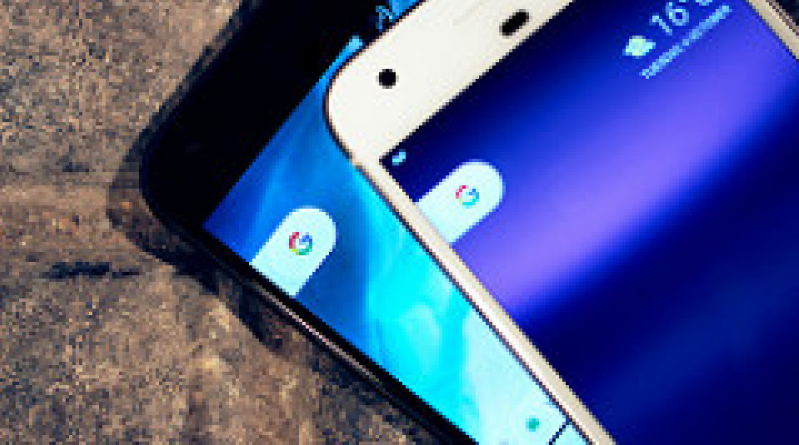
When Google first positioned themselves as a search engine to the rest of the world, it was certainly far from their minds that they would end up producing smartphones for the masses in the future. Heck, back then, there was no smartphone at all in the industry, only feature phones (as we call them today) with Nokia being at the cutting edge of such handsets where mobile phones were concerned. No one would have thought that Apple too, would one day enter the smartphone market, but rather, they would continue to ride high on the MacBook, iMac and iPod markets. Well, things have a strange way of working themselves out, and the smartphone market today is dominated by two mobile operating systems: iOS from Apple which will run on the iPhone 7 and iPhone 7 Plus, with Android running on Google’s Pixel and Pixel XL devices. Just how different are the handsets from the two companies, and what are their respective strengths and weaknesses?
Google Pixel vs iPhone 7
One frequently asked questions thrown about would be this: How does the Google Pixel stack up against the iPhone 7? Well, the Google Pixel with its 5-inch display is certainly no pushover in terms of hardware, where it will run on the latest Android 7.0 Nougat mobile operating system version. Touted to be the “most complete" Android competitor to the iPhone 7, it sports its fair share of exclusive features that no other Android-powered smartphones come with at the moment. For instance, the version of Google Assistant that runs on it happens to be a more advanced virtual assistant which is a whole lot more conversational compared to Siri that runs on the Apple handset. Basically, this version of Google Assistant allows one to ask a question, with the opportunity to have a follow-up question just like how a natural conversation would flow, as the app then uses its algorithms to determine the kind of context over the course of a few interactions.
Apart from that, the Pixel will also enable one to create different users on a single handset -- something like multiple user accounts on a Windows machine, resulting in you having different profiles for various folks, ensuring that your sensitive information will remain hidden away from the view of others. Not only that, the Pixel will be accompanied by free unlimited cloud storage where photos and 4K videos are concerned, and Smart Storage is also thrown into the mix. Smart Storage will be able to clear storage space automatically, as it gets rid of items that are already stashed away in Google Photos. There is also round-the-clock voice and chat support allowing you to obtain help at any time you are stuck with an actual support person.
If there is one drawback about the Pixel handsets, it would be this -- it lacks water resistance, something that the new iPhone 7 and iPhone 7 Plus comes with. Of course, this can be easily rectified with a waterproof case. Since you are already going to purchase a protective case in the first place, might as well purchase a waterproof one, right?
iPhone’s dominance in the world of smartphone cameras are slowly but surely being challenged, and the Pixel handsets do offer pretty tough competition. So far, a number of head-to-head tests have pointed to the Pixel smartphone to better the iPhone 7 where low-light image capture is concerned, while the wider angle lens located on the front-facing camera allows one to cram in more folks in a selfie. However, the iPhone 7 Plus wins in terms of having dual lenses at the back, allowing you to capture some really good looking portrait shots with the right software update from Apple. Of course, the bokeh effect is nowhere near that of an actual professional camera or system camera, but at least it is better than nothing.
In terms of the ecosystem, Apple wins hands down still at this point in time, despite Android making huge leaps and advances in recent times. Perhaps a few more smartphone generations down the road, things might even up, but for now, Apple comes up tops in the software ecosystem. It all really depends on what you would want to use your smartphone for, and which ecosystem you prefer in the long run before making that purchase decision.






